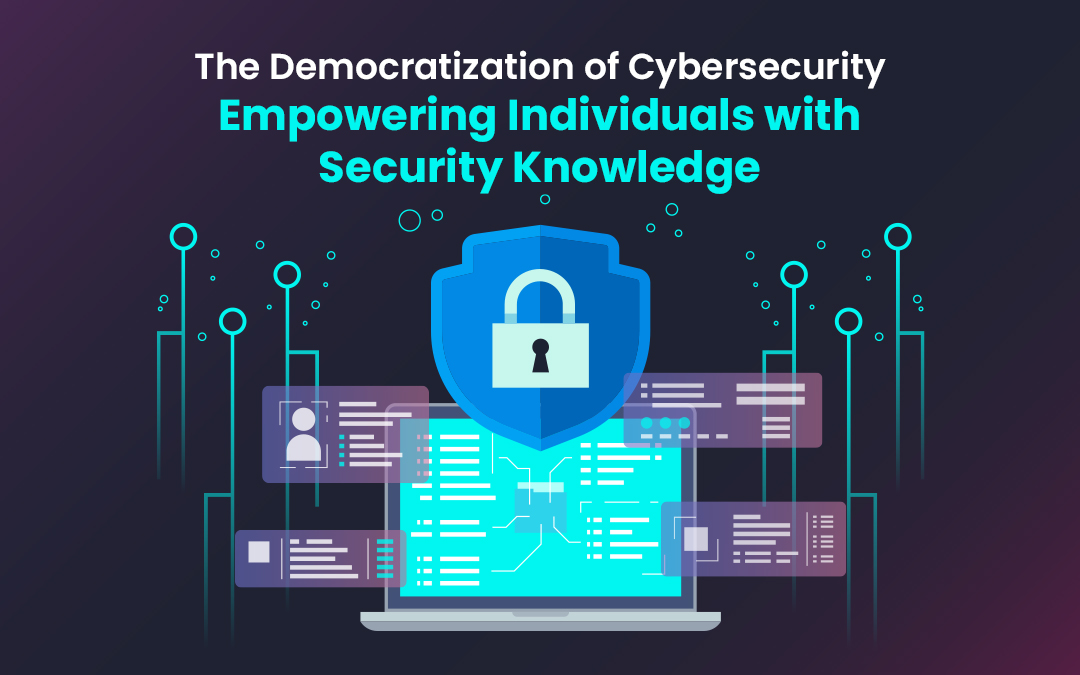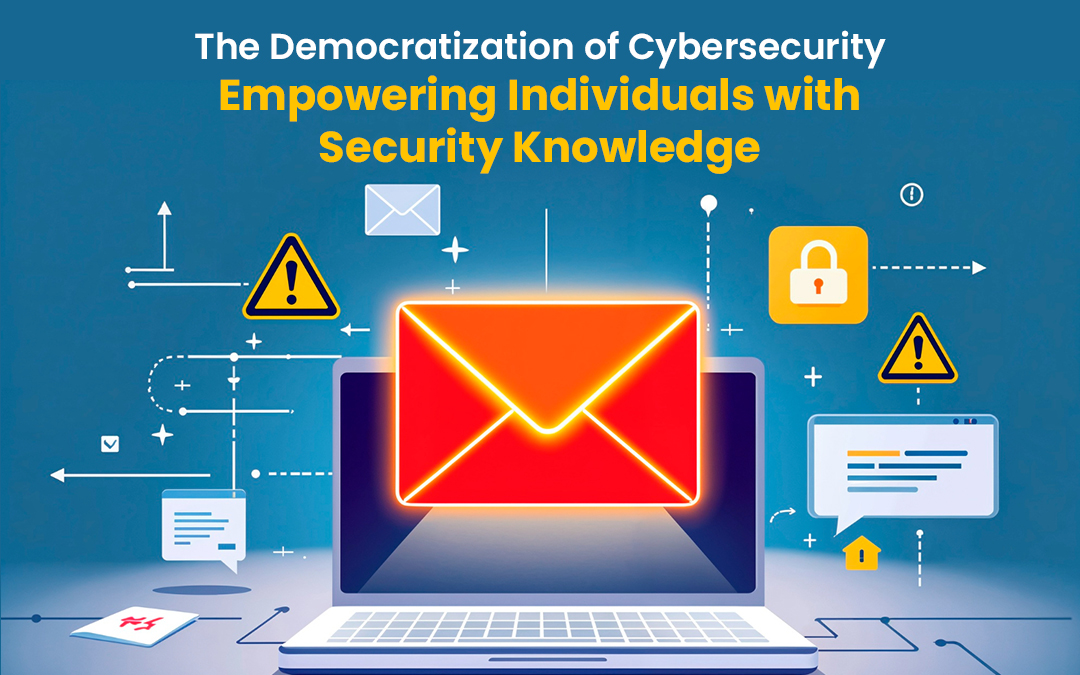
The alarming rise of cyberattacks has made cybersecurity a top priority for both companies and individuals. According to Statista, over 50% of companies worldwide have reported financial losses due to cyberattacks. Individuals are far from immune, facing an average of 2,200 attacks daily.
This necessitates a significant upgrade in online defenses for everyday people, mirroring the efforts of businesses. However, this requires democratizing cybersecurity, making it accessible to a broader audience. Measures range from updating firewalls and antivirus software to utilizing tools that can remove your personal information from Google. Learn more in this article.
Beyond the Technical Jargon
Cybersecurity has become a matter of public interest, but not everyone is familiar with its terminology. Infographics and relatable analogies from daily life can make complex concepts and jargon more accessible. People also learn from examples, which is why it's important to share real-world cases of data breaches and incidents so that they understand the potential severity of such events.
IT professionals play a vital role in this scenario, using simple language that managers and other users can understand. More companies are also investing in training their workforce on cybersecurity-related issues to align security strategies and protocols with business needs.
The Role of Education and Awareness
While the number of online scams spikes, only about half of mobile and tablet users have antiviruses on their devices. Education is the key to raising awareness of the dangers of cybercrimes. Unsurprisingly, schools are beginning to include cybersecurity education in their curriculums. It's an opportunity to empower students against common threats they may encounter online.
Indeed, there are many reasons for including cybersecurity in the school curriculum. After all, the generation born into the digital world must know how to navigate it safely. More importantly, students learn how to think critically about the decisions they make online, identifying threats and scams more easily.

Data Security in Everyday Life
While data security is usually linked to cutting-edge technologies, you probably don't need bank-level security in your daily life. Simple measures can do wonders for your safety. Cost-free but effective steps include using strong passwords, shopping on reputable websites only, and changing privacy settings on social media accounts.
Those who use smart devices are also advised to turn off the "always listening" feature during sensitive conversations. Users must also learn how to identify phishing attempts, refrain from sharing personal information on social media, and invest in home security networks.
Building a Culture of Cybersecurity
Education is vital for creating a "culture of cybersecurity", but it cannot achieve this alone. More than training and awareness campaigns, it's paramount to inculcate safe behavior as a daily habit. At the corporate level, cybersecurity measures are already integrated into employees' evaluation processes, for instance. Educational institutions also play a key role in raising awareness of safe and ethical online practices within local communities.
Connected to the Future
Despite the availability of advanced defensive systems, 85% of data breaches originated from human error, according to the 2021 Verizon Data Breach Investigations Report. This underscores the importance of everyone learning how to stay safe online, avoiding scams, and safeguarding themselves against common threats.
Share this post
Leave a comment
All comments are moderated. Spammy and bot submitted comments are deleted. Please submit the comments that are helpful to others, and we'll approve your comments. A comment that includes outbound link will only be approved if the content is relevant to the topic, and has some value to our readers.

Comments (0)
No comment